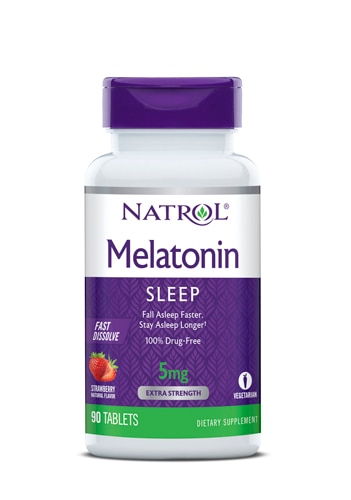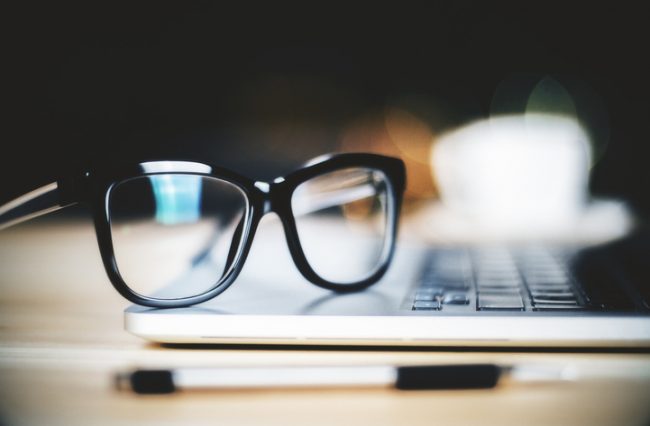It’s highly likely that you’re reading this story on the screen of a device such as smartphone or a laptop computer. Therefore, you’re being exposed to blue light, which can cause you to toss and turn after you turn out the lights and head to bed.
Wavelengths of high-energy blue light are beneficial, not harmful, during daylight hours because they boost your mood, attention and response times, according to Harvard Medical School. This blue light, which can deeply penetrate your eyes, comes from the sun as well as LED lights, fluorescent lights and electronic devices.
At night, however, blue light can dim your hopes of getting a good night’s sleep.
How so? The Sleep Foundation says exposure to blue light — from your tablet or TV, for example — can delay the release of melatonin, which helps induce sleep. It also makes us more alert and disrupts our sleep cycle.
More than 80 percent of Americans use blue-light-emitting electronic devices in the hour leading up to bedtime, according to the Vision Council, a trade group for the eyewear industry. This means that they’re at risk of sleeping less soundly.
However, you can take steps to minimize the effect that blue light has on your sleep (and your eyes).
Limit device use before bed.
Experts suggest putting away and turning off the devices — no tweeting, no texting, no TV watching — at least an hour before bedtime.
Switch the light.
In a news release, Ari Shechter, assistant professor of sciences at Columbia University and leader of a study about amber-tinted glasses, says many smartphone screens can be adjusted to emit amber instead of blue light. He recommends switching to the amber setting at night.
Wear special glasses.
The value of blue-light-blocking glasses remains a gray area.
A small-scale study conducted by researchers at Columbia University Irving Medical Center found that participants got about 30 minutes of extra sleep when they wore amber-tinted glasses compared with clear lenses. In, follow-up surveys the participants reported higher-quality sleep and decreased severity of insomnia. All 14 of the study participants were insomnia sufferers.
A separate study — this one by researchers at the University of Houston College of Optometry — found that among the 22 study participants, 58 percent saw a rise in their melatonin levels after wearing blue-light-blocking glasses three hours before bedtime for two weeks.
In a news release, Dr. Lisa Ostrin, an assistant professor at the University of Houston College of Optometry who led the study, recommends wearing either blue-light-blocking computer glasses or anti-reflective lenses during the day to counteract nighttime harm done by artificial light.
While some makers of blue-light-blocking glasses tout the potential to avoid long-term damage, such as macular degeneration and other eye diseases, many eyecare professionals aren’t sold on the benefits.
Northern California eye surgeon Dr. Rahul Khurana, a clinical spokesman for the American Academy of Ophthalmology, is skeptical about glasses that purport to thwart long-term harm caused by blue light. (The U.S. Food and Drug Administration has not endorsed any blue-light-blocking glasses.)
Khurana says it doesn’t make sense to buy these glasses to prevent permanent eye damage since there’s no conclusive evidence that wearing them will make a difference. Sellers of these glasses are capitalizing on hype and fear surrounding blue light, he says.
“Blue light more often causes eye discomfort and annoyance than physical harm,” Dr. Adam Gordon, clinical associate professor at the University of Alabama at Birmingham School of Optometry, says in a news release.
In fact, some experts say special glasses can relieve discomfort associated with what’s known as digital eye strain, which occurs after using a device with a screen for more than two hours.
According to the Vision Council, lenses equipped to decrease eye strain can be incorporated into practically any pair of frames. Some companies also offer “computer glasses” or similarly named products designed to cut down on eye strain.
For its part, the American Academy of Ophthalmology doesn’t recommend any special eyewear for computer use.
To head off digital eye strain, Khurana suggests following the 20-20-20 rule: For every 20 minutes you spend staring at a computer screen, look at something 20 feet away for 20 seconds. This helps recalibrate your blinking mechanism, thereby producing tears that lubricate your eyes.
Khurana’s organization provides these additional tips for protecting your eyes from screen-related strain:
- Sit about 25 inches, or arm’s length, from a computer screen. Position the screen so you are gazing slightly downward.
- When your eyes feel dry, use artificial tears to refresh them.
- Adjust room lighting and try increasing the contrast on your screen to reduce eye strain.
- If you wear contact lenses, give your eyes a rest by putting on your glasses.




